Energy prices continue to fuel inflation around the world, and some decline in it is likely to be noticeable at the end of the second quarter, Adrian Vasilescu, strategy consultant at the National Bank of Romania (BNR) told AGERPRES on Wednesday.
"In general, the picture from March is repeated, because in Romania, as well as in the whole of the European Union, there was a surge in prices in March, and we expected that to be the peak and even if there was an increase in April, it would be in the same area. Well, we witnessed a new surge in April, of 13.76%. Very high! And there was a reversal from March, because in March, for the first time in a year, food prices raised more than prices for non-foods, and I thought a new series was starting with more expensive food prices than non-food prices, but that didn't happen. It certainly is a new record high for potatoes. Bread prices also grew significantly, and edible oil prices followed their normal pace but still went very high. Even the prices for margarine grew a lot. So, big increases in food prices, but not generalised. There are still black swans in terms of price raises. Big surprises for non-food prices. Of course, the basic package consists of fuels, a very high increase, heat and gas, but the rising electricity prices made a comeback in April, which influences the prices for 12 months. Electricity was out of pace. Electricity witnessed two months of negative growth, and now it has jumped... A conclusion on the whole picture is that energy continues to fuel inflation all over the world including in Romania. Unlike other countries that are making progress with turning the energy crisis into an energy transition, we are currently floating in metaphysics, because reality is far from the current projections. More precisely, the reality is lagging behind the projections," said Vasilescu.
Asked what we could expect, the BNR official replied that inflation will probably get a little lower at the end of the second quarter, and also at the end of the third quarter, but there are no expectations, neither in Romania nor elsewhere in the European Union, of inflation returning to the two-percent target before the end of 2023.
Vasilescu added that "given the picture, the National Bank resorted to a drastic move yesterday and increased its monetary policy rate."
According to him, energy prices cannot be defeated by any monetary policy, but the influences of these prices on the overall picture "can be hit by monetary policy".
BNR's Vasilescu: We saw more inflation surge in April as energy prices continued to fuel inflation
Articole Similare
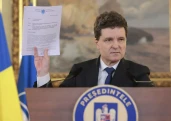
13
President Dan: 2025 - a year of sincere dialogue with the people, looking to 2026 with responsibility
13

12
Foreign Ministry: Romanian national presumed missing in Crans-Montana fire, consular assistance provided to family
12
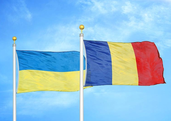
33
Ukrainian Defense minister thanks Romania for its EUR 50 ml PURL commitment
33

8
Patriarch Daniel: Family and women are key to cultivating and promoting Christian identity
8

18
President Nicusor Dan extends condolences to the Swiss people following Crans-Montana deadly fire
18
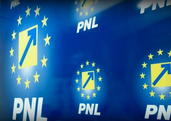
11
We enter new year with confidence, responsibility and sincere desire to do things better (PNL)
11

24
President Dan: In 2026, it is essential that state becomes more efficient, fairer and closer to citizens
24
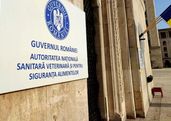
25
National sanitary-veterinary system is functional and capable of responding quickly to internal risks and international requirements
25

13
Parcels with value less than 150 euros, originating from outside EU,will be charged 25 RON
13

11
CNIR: Application for European funding for Chiribis-Biharia lot and Spinus road junction, submitted
11

16
Pistol (CNAIR): In 2026, target is 250 new kilometers
16
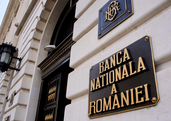
10
Quarterly reference rate for consumer loans falls to 5.68% per annum
10

16
Romanian Police: Seven fugitives, including a 'most wanted' woman, have repatriated
16

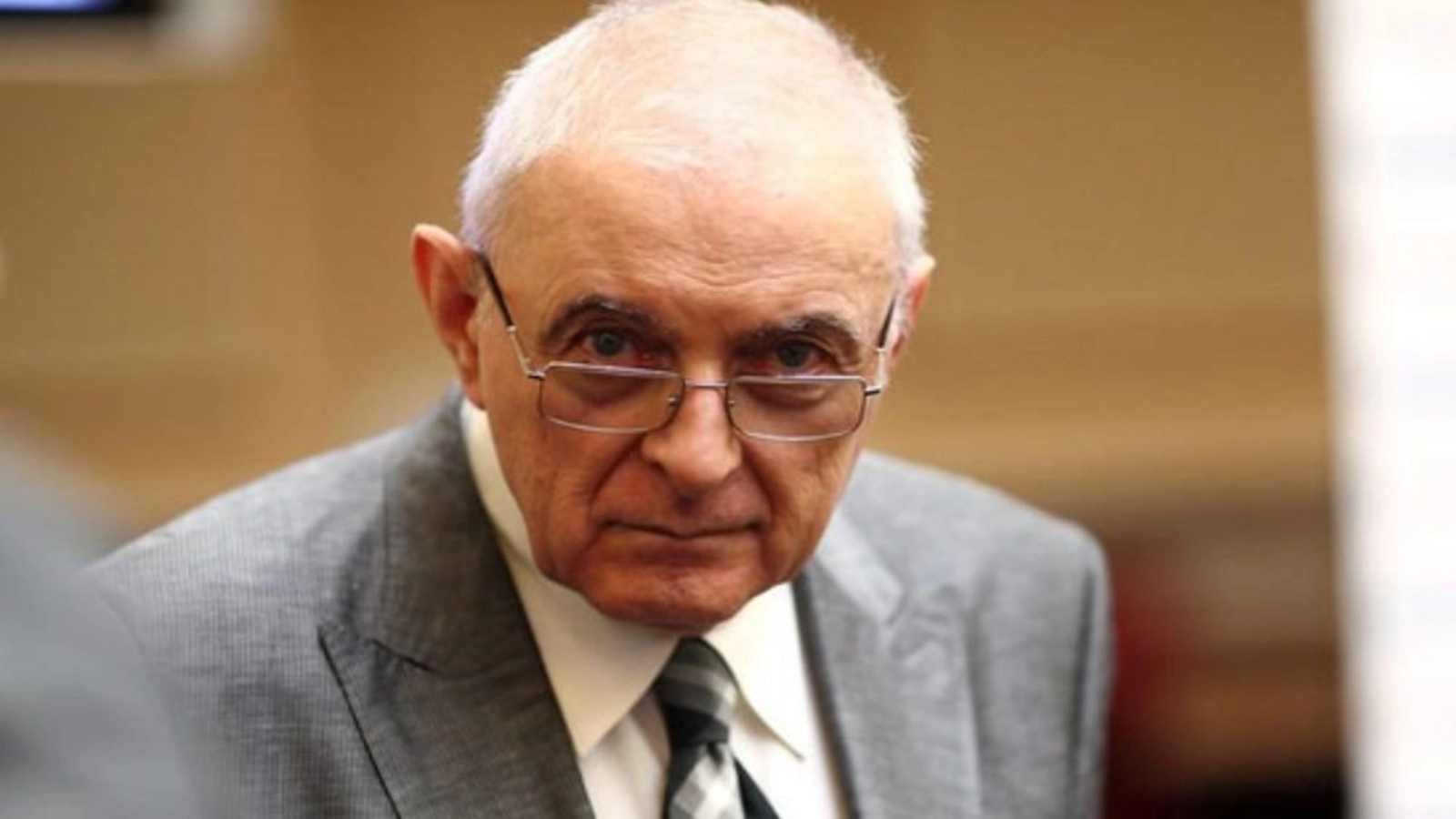
















Comentează